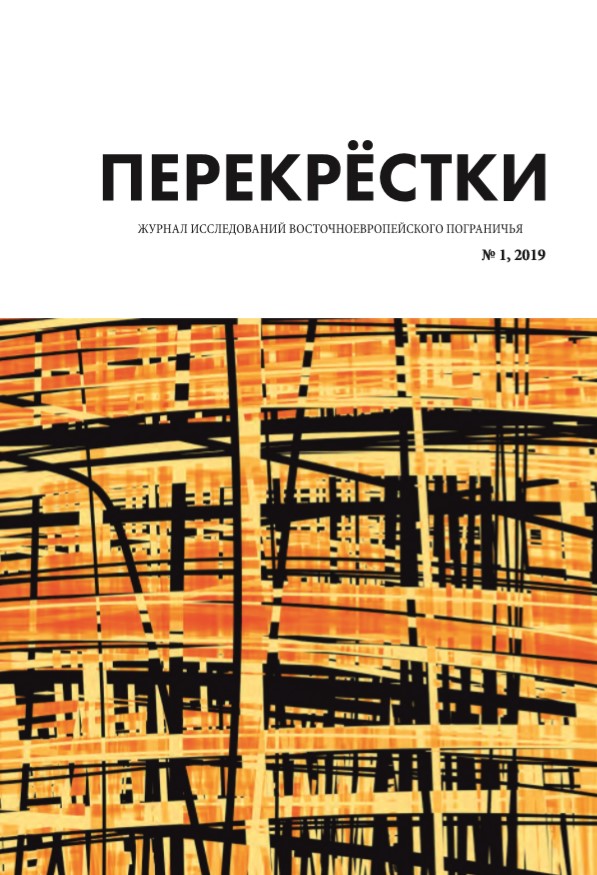Editor’s note: a Сritical Theory of the ‘public’ for digitally mediated urbanization
Siarhei Liubimau
Abstract
The growing digitalization of human agency and habitat, as well as proliferation of user-generated data, have significantly transformed the horizons and challenges of research in the social sciences and humanities. The most obvious and persistent factor in this change is a rapid growth in access by various knowledge-producing actors to technologies of information creation and transmission. In this way, digitalization has launched a process of the re-definition of the autonomy of academia and of academic research as practice in relation to other practices of knowledge production and transmission. One can notice that in academia the most intensively explored development horizon within this process is an orientation towards quantification and the computational analysis of collective human behavior. In this orientation, the very nature of big data and of the quantification process is often unequivocally presented as a public asset that simply has to be mastered and used. There are already arguments about digitalization and big data as, on the one hand, fragmenting the public sphere as well as privatizing the knowledge of society about itself and, on the other, creating new modes of collective action and thus challenging hegemonic agendas. However, there is a lack of a systematic theorizing of the influence of digitalization on the meanings and practices of the ‘public’.


